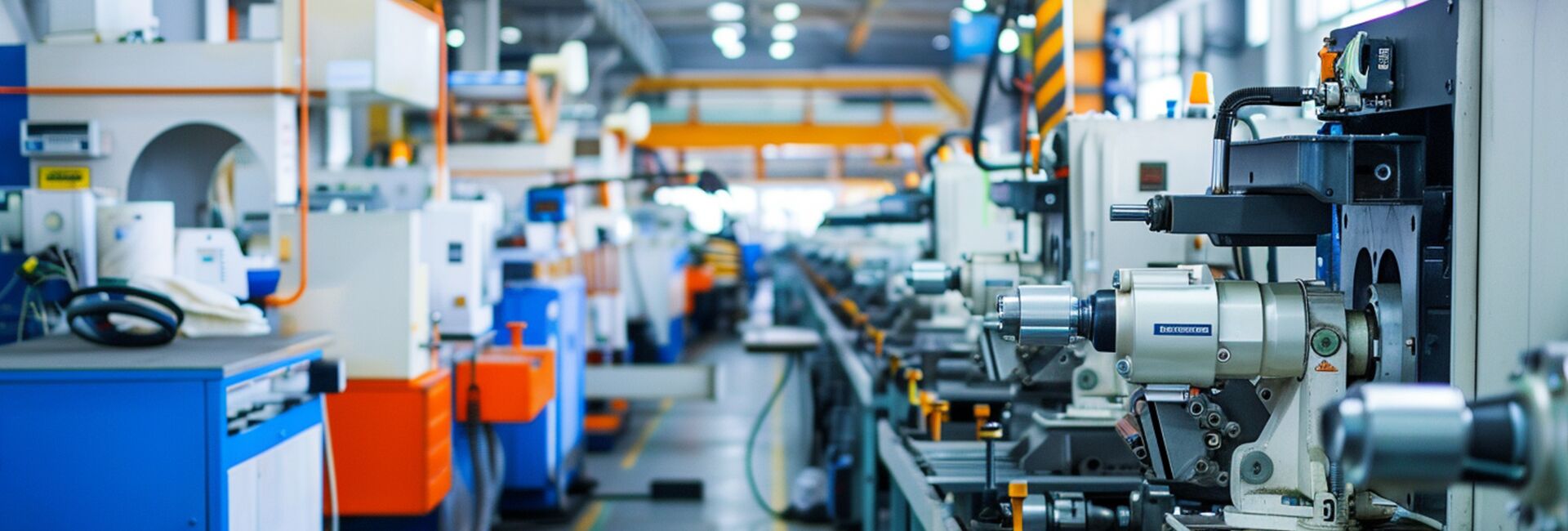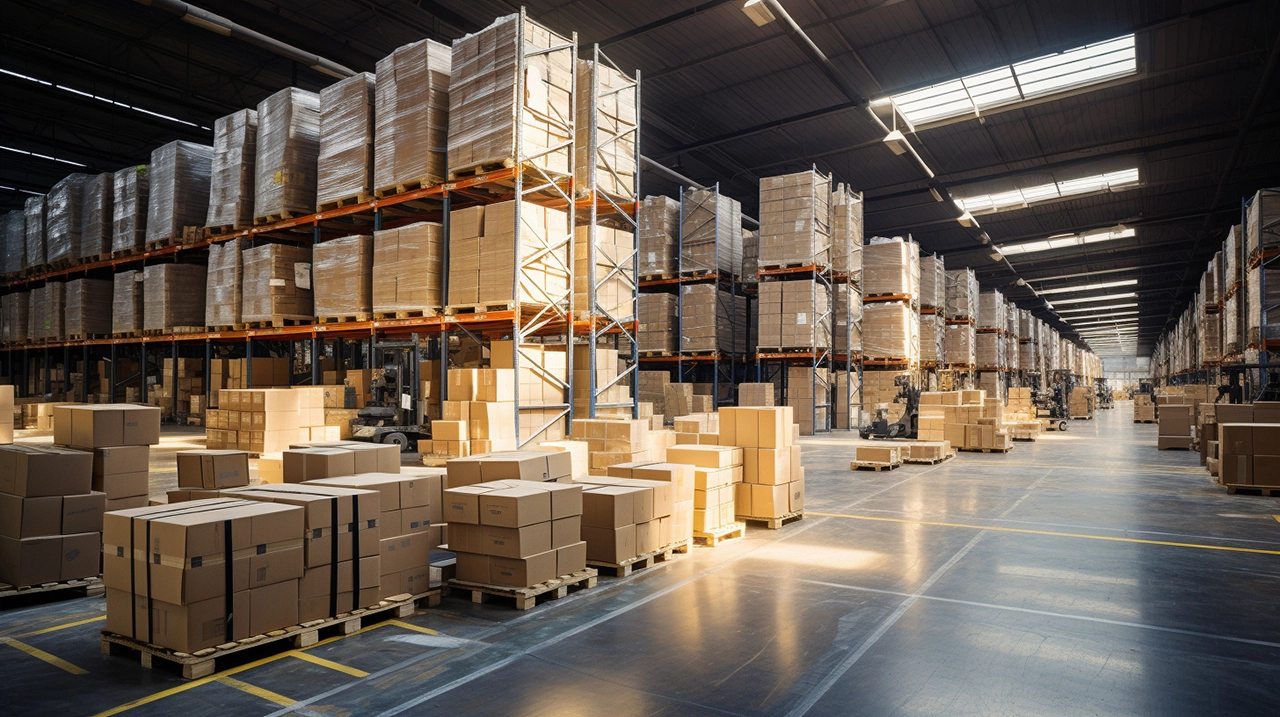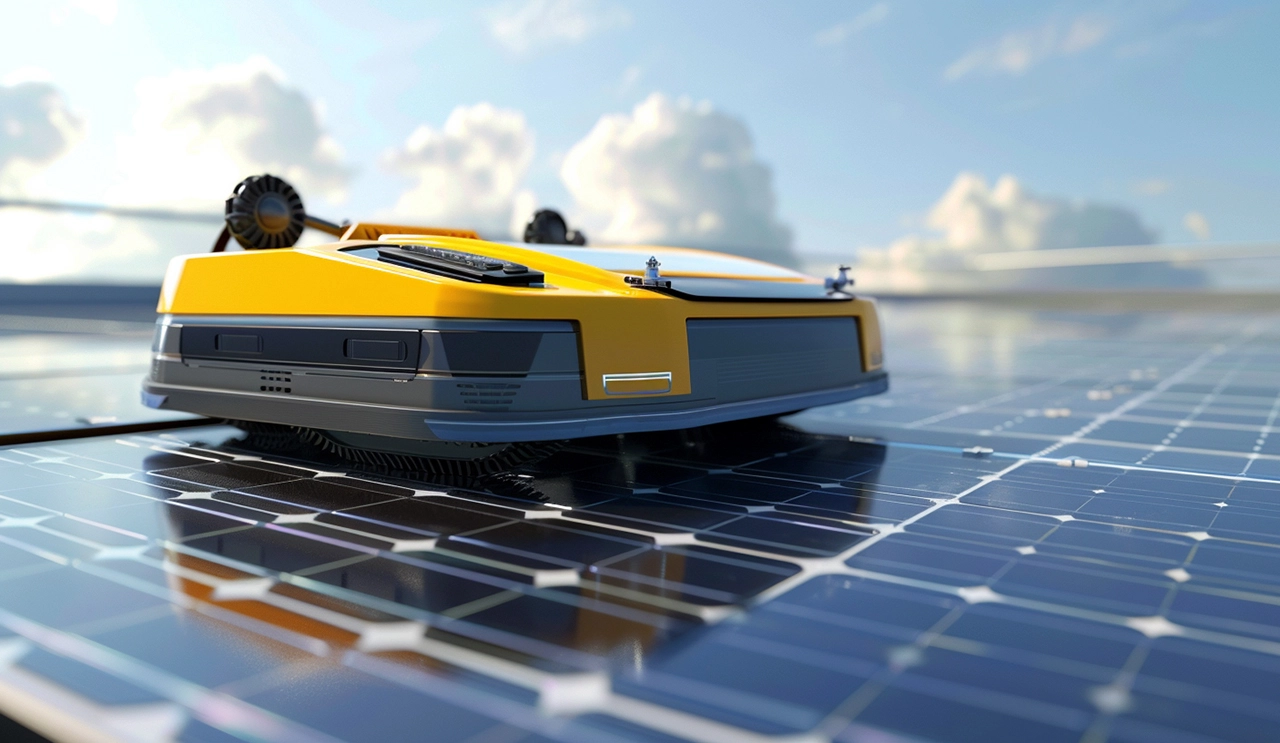
WIRELESS CHARGING IN THE NEWS
Industrial robots have become an indispensable part of modern manufacturing, serving as a critical technology that significantly enhances production efficiency and product quality. As the demand for automation and intelligent manufacturing grows, industrial robots are emerging as a key force driving innovation and transformation across various industries. With continuous advancements in technology, these robots are increasingly flexible, intelligent, and collaborative, positioning them as essential components in the global industrial upgrade.
One of the primary advantages of industrial robots is their flexibility. Traditional manufacturing processes often rely on fixed workflows, which can be slow and costly to adapt when faced with diverse or customized product demands. Industrial robots, on the other hand, can be reprogrammed and adjusted quickly to accommodate different production needs. This flexibility not only boosts production efficiency but also reduces downtime and costs associated with changing production lines. The ability to adapt swiftly to new tasks and environments makes industrial robots invaluable in today's fast-paced manufacturing landscape.
In addition to flexibility, the intelligence of industrial robots has seen remarkable growth, thanks to advancements in artificial intelligence (AI) and machine learning. Modern industrial robots can now learn from their environment, optimize their operations, and make autonomous decisions in real-time. This level of intelligence enables them to perform complex tasks with minimal human intervention, further increasing automation levels in production processes. Moreover, intelligent robots can monitor production in real-time and perform predictive maintenance, reducing the likelihood of disruptions and ensuring consistent product quality.
Collaboration is another area where industrial robots are making significant strides. Traditionally, robots operated independently, with limited interaction with human workers or other machines. However, the rise of collaborative robots, or cobots, has revolutionized this dynamic. Cobots are designed to work alongside humans and other machines, enabling seamless cooperation on tasks that require multiple participants. This collaboration not only enhances productivity but also ensures safety and precision in complex manufacturing processes. The integration of cobots into the workforce allows manufacturers to tackle more sophisticated projects while maintaining high standards of safety and efficiency.
Overall, the application of industrial robots is playing a pivotal role in driving innovation and transformation in manufacturing. As industries worldwide face the challenge of transitioning from traditional manufacturing to smart manufacturing, the flexibility, intelligence, and collaboration capabilities of industrial robots are proving to be essential. In the coming years, as technology continues to evolve and become more accessible, industrial robots are expected to play an even more crucial role in the global industrial upgrade, serving as the core driving force behind the realization of intelligent manufacturing.







